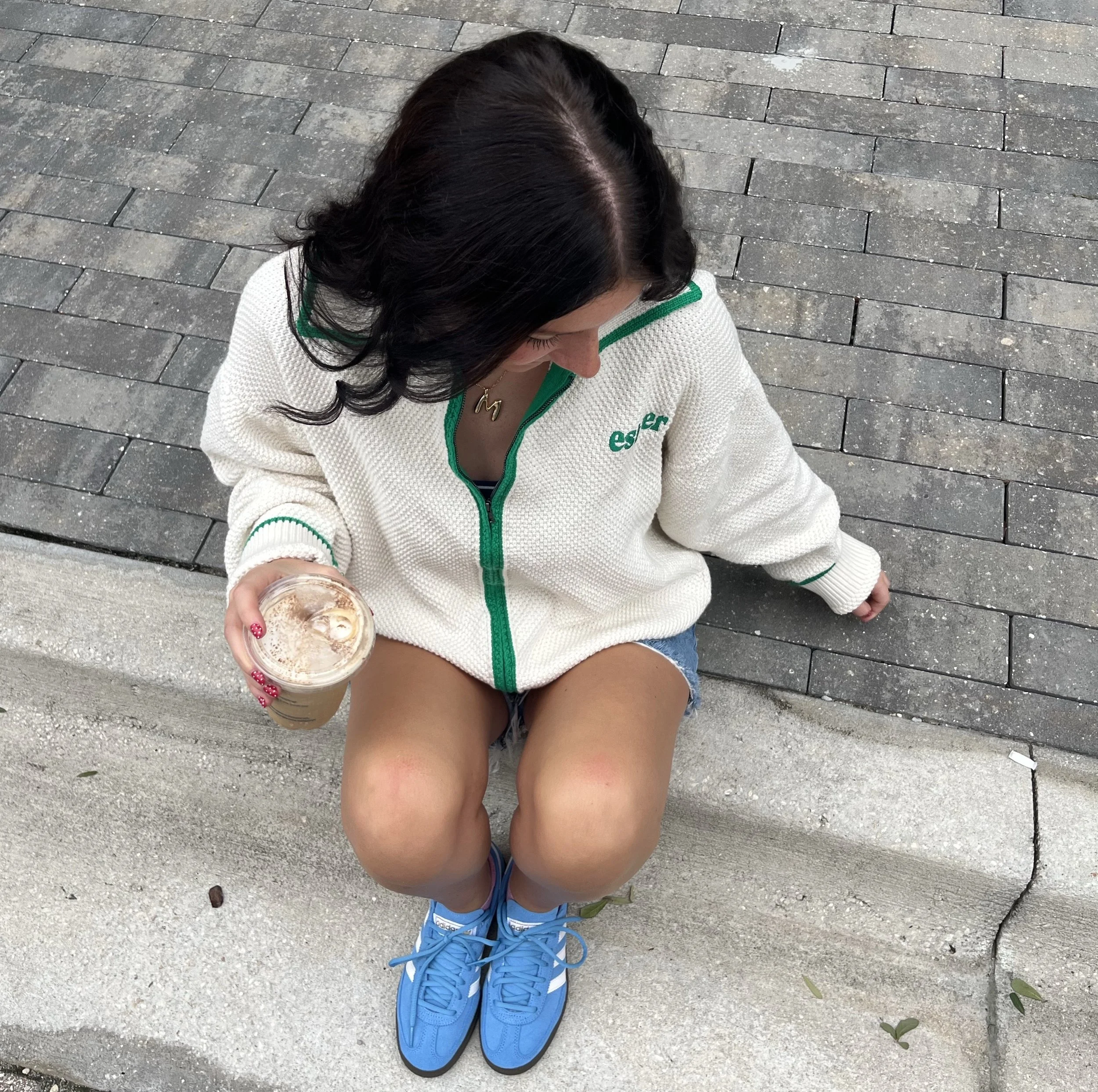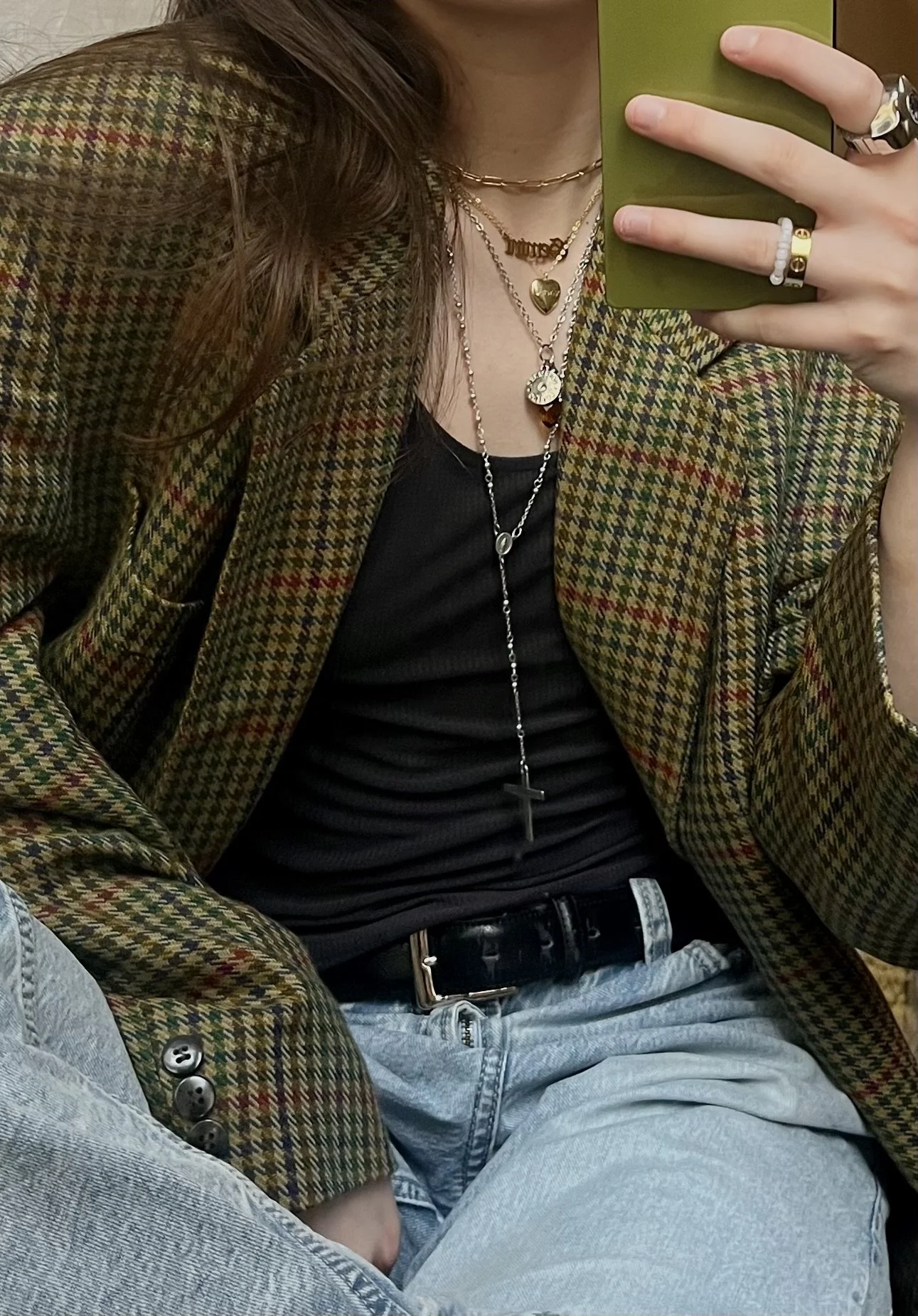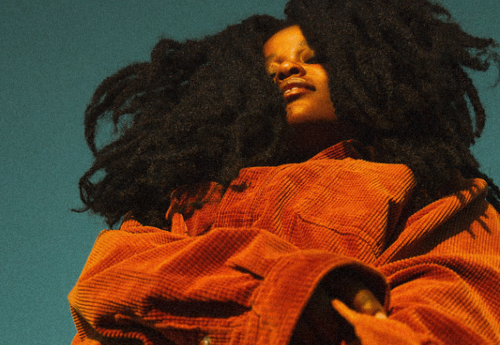Why Everything Feels Fake (And How to Find What's Real)
You know this specific feeling. Every conversation feels scripted. Every moment feels watched. Even alone, you're performing for an invisible audience that lives in your head.
Everything feels fake because most of modern life is presentation rather than presence. From curated social media to professional networking, from wellness routines to casual conversations, we're living in a world where authentic expression has been replaced by managed presentation. Industrial systems profit from turning every human moment into content, metrics, or capital—creating a distance between who you are and what you present.
the hollow
You know this specific feeling.
Every conversation feels scripted. Every moment feels watched. Even alone, you're curating for an imaginary audience.
Your friend shares good news and you're already crafting your response before they finish talking. The sunset happens and your first thought is how to capture it, not what the light feels like on your skin.
You're watching yourself live instead of living. Your shoulders stay raised, braced for observation that never ends. Your face adjusts for cameras that aren't there. You've forgotten what your natural expression feels like.
The distance between what you feel and what you show keeps growing. That gap—that's the hollow you can't name.
And even this feeling becomes content. Posted about. Turned into burnout awareness, boundary-setting, self-care Sundays that are really just photo shoots with face masks.
You're not imagining this. Something fundamental shifted.
when life became content
Your grandmother had bad days without documenting them. She had thoughts without broadcasting them. She lived experiences without packaging them for anyone.
Somewhere between then and now, every human moment became raw material.
Your struggles became content. Your joy became metrics. Your rest became aesthetic. Your healing became something to document on the path to monetization.
Industrial systems needed this. They needed every moment to be measurable, manageable, monetizable. Real presence can't be captured in data points. Real living doesn't generate trackable engagement. Real you doesn't fit in an algorithm.
So they taught you to curate instead of live. To produce instead of be. To turn your existence into content they could measure and sell.
The split happened gradually. First you shared highlights. Then you curated highlights. Then you lived for highlights. Now you can't tell the difference between experiencing something and staging the experience of it.
You're the director, the actor, and the audience. All at once. All the time.
what this creates
The hollow feeling is the natural result of living outside yourself.
That anxiety from nowhere? The gap between what you feel and what you show. The numbness that settles in even during good moments. The distance.
You check how you look in every reflective surface. Not vanity—vigilance. Making sure it's still convincing.
Your jaw clenches when you open certain apps. Your chest tightens before posting. Your stomach drops when you see someone else's curated life looking more real than yours feels.
The worst part? You're curating even for yourself. Narrating your own life in your head like it's content. Editing your thoughts before you think them. Watching yourself exist instead of just existing.
This isn't just in your head. Rather, this is what happens when presence becomes performance.
what profits from this
Every platform needs your curated life to survive.
Real presence can't be monetized—it's too unpredictable, too alive, too resistant to measurement. But curation? Curation generates infinite content. Data. Patterns. Products. Predictable outcomes.
Dating apps need you curating desirability, not being yourself—yourself might not match their algorithm. Work platforms need you maintaining professional polish, not admitting struggle—struggle doesn't convert to promotion. Wellness apps need you documenting healing, not actually healing—actual healing might mean you stop needing the app.
The hollow feeling is inevitable.
Curated living creates perpetual hunger for something real, which gets packaged and sold back to you as "authentic" content. You buy courses on presence. Apps for mindfulness. Retreats for finding yourself.
All of which require... more curation.
Industrial systems couldn't monetize you being alive. So they taught you to pretend at being alive instead. Now they can measure it. Package it. Profit from the gap between your presentation and your actual self.
The loop tightens every time you post, scroll, document, curate.
where real still lives
Real hasn't disappeared. But it has gone quiet.
You know where to find it, because you've had glimpses. The relief when you're finally alone and can drop the act. The exhale when no one's watching. The moments you forgot to document and just lived.
Real lives in the pause before you reach for your phone—those three seconds of just existing. In conversations that would horrify your professional network. In the ugly cry that never becomes a vulnerability post. In the meal eaten without photography.
Real lives in wearing what feels right, not what photographs well. In books read without reviewing. In walks without tracking. In thoughts you'd never share because they're yours alone.
Some mornings you wake up and forget to curate for entire minutes. Those minutes—before the day's first scroll, before remembering who you're supposed to be—those are real.
The friend who's seen you at your worst and didn't need you to make it a story. The hobby you're genuinely bad at and keep doing anyway. The moment you laughed so hard you couldn't breathe and didn't think to record it.
Real is whatever can't be content. Whatever resists curation. Whatever exists only in the living of it.
You already know what real feels like. You've just forgotten you're allowed to choose it more often.
practice
Start with one uncurated hour.
Don't announce it. Don't make it content about being present. Just disappear into your actual life.
Feel how uncomfortable it is at first. The urge to narrate, to document, to prove it happened. The phantom reach for your phone. The internal voice narrating everything. That discomfort is withdrawal from the pretense.
Let yourself be uncomfortable. On the other side of that discomfort: relief.
Your face relaxes into expressions no camera has seen. Your shoulders drop. You remember what your own thoughts sound like without the editing. You realize how much energy the curation was taking.
Try this: Have one conversation where you don't plan your response while they're talking. Just listen. Notice how different it feels. How present you suddenly are. How much more alive the interaction becomes when you're not staging it.
Eat one meal without your phone visible. Not as a challenge. Not to post about later. Just eat. Taste the food. Feel the fullness.
Take a walk without headphones, without tracking, without purpose. Let yourself be bored. Watch what your mind does when you're not managing it.
The first few times will feel like you're doing it wrong. That's the training. Keep going.
signs it’s working
〰 You forget to check how you look
〰 Hours pass without thinking about your phone
〰 You say something awkward and don't replay it for three days
〰 You have thoughts you never turn into captions
〰 Someone asks what you did this weekend and you genuinely can't remember because you were just... living
〰 You feel things without immediately naming them
〰 The curation stops feeling natural and starts feeling like work you're allowed to put down
the way back
The distance you feel from your own life is the natural response to living as content instead of living as yourself.
Every time you've felt drained after a day where "nothing happened." Every time you've caught yourself adjusting your expression for no one. Every time you've crafted the perfect response instead of saying what rose naturally.
That tells you something. You know the difference.
Under all that curation, you still exist. The version of you who knows how to be without documenting it. Who can feel without naming it. Who can exist without proving it.
Tomorrow, practice disappearing. Not announcing your absence, just being absent from the curation.
See who you are when no one—including you—is watching.




